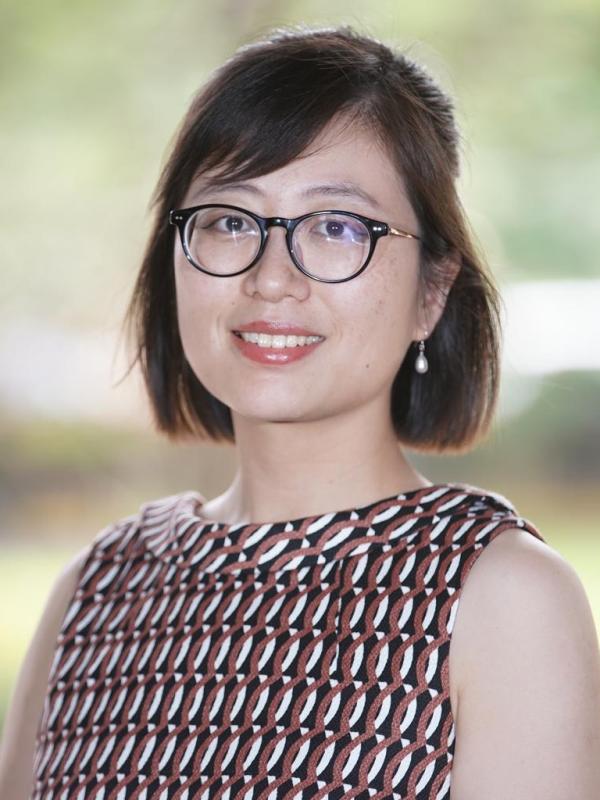Chenshu Zhou (she/her) is Assistant Professor of Cinema and Media Studies at the University of Pennsylvania. She received her PhD from Stanford University in 2016. Prior to joining the faculty at Penn, she held postdoctoral teaching positions at NYU Shanghai (2019-2020) and Stanford University (2016-2019).
With broad training in cinema and media studies and China studies, Dr. Zhou’s research explores screen-based media of various kinds, particularly how media experiences are situated in relation to broad social structures and everyday life.
Her first book Cinema Off Screen: Moviegoing in Socialist China (University of California Press, 2021) received the 2022 Best First Book Award from the Society of Cinema and Media Studies. Re-thinking the institutional, ideological, and cultural role of film exhibition, Cinema Off Screen elaborates on the idea that cinema takes place off screen as much as on screen by exploring film exhibition in China from the founding of the People’s Republic in 1949 to the end of the Cold War in the early 1990s. Drawing on original archival research, interviews, and audience recollections, the book offers both an exposition of the Chinese socialist film exhibition system and an account of moviegoing from the audiences’ perspectives, foregrounding open-air cinema as a distinct paradigm that troubles theoretical assumptions that take the movie theater as the default model. Cinema Off Screen intervenes in the field of cinema and media studies by presenting an “alternative” film culture as the starting point for rethinking film exhibition and contributes to the field of China studies by diversifying understandings of Chinese socialism.
Her current book project examines the governance and experience of screen media consumption in China through an expanded notion of screen time. Focusing on cinema in the early 1950s, television in the 1980s and 1990s, and digital media since the 2010s, the book suggests that the questions of how much time one should spend in front of screens and how to spend time with screens draw into focus fundamental assumptions about time and value in a society, which can be contested through a medium’s formal properties.
Dr. Zhou has published in October, postions: asia critique, Journal of Chinese Cinemas, and Contemporary Cinema (Dangdai dianying). She is the guest editor for a special issue of Journal of Chinese Cinemas on Sinophone film exhibition, and contributor to several forthcoming anthologies on Chinese cinema, Chinese digital media, and media archaeology.
At Penn, Dr. Zhou teaches undergraduate and graduate courses in the intersections of cinema and media studies, art history, and East Asian studies. She looks forward to working with prospective students interested in moving images of all kinds (analogue, digital, artistic), spectatorship, and East Asian media cultures.

